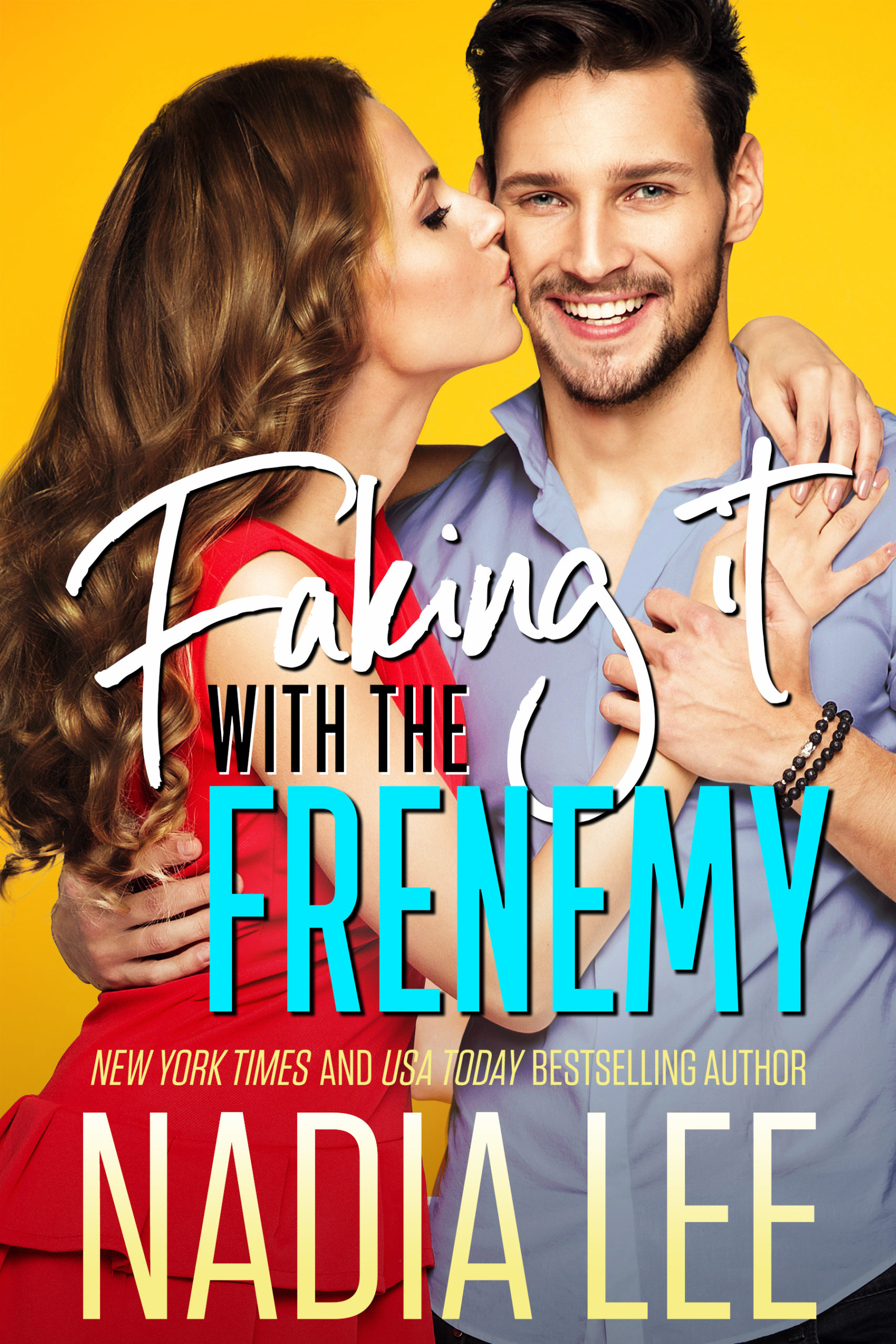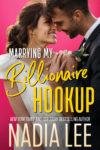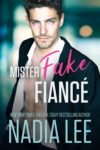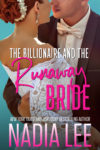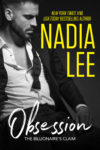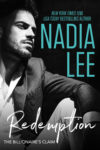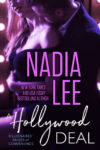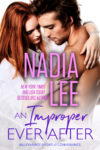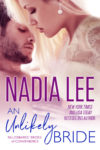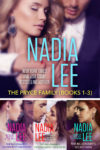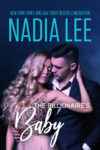15
| Dec 2009 |
Random House decided that all your eright are belong to us them. According to Publishers Weekly:
A letter sent to agents Friday by Random House chairman Markus Dohle has renewed the debate about who controls the right to publish the e-book editions of older backlist titles. In his letter, Dohle makes clear that RH believes the “vast majority” of its backlist contracts “grant us the right to publish books in electronic formats,” while older agreements “often give us the exclusive right to publish ‘in book form' or ‘in any and all editions.'” Random spokesperson Stuart Applebaum said the letter was “in the works for many weeks and is the product of the thinking of our publishers sales colleagues and others.” The letter, Applebaum added, was sent in the spirit of collaboration not confrontation, and was mailed (or e-mailed) before the holiday break to give agents time to think about its contents.
I don't know if agents feel the “spirit of collaboration”.
- Kristin Nelson's response: RH Gets Brazen.
- Dystel & Goderich's response: Random House eBook Rights Grab
- Richard Curtis's response: Random Serves Notice on Would-Be E-Interlopers
Jane from Dear Author summed up the situation well, and I wanted to highlight it:
The legal foundation that Random House rests upon is shaky at best. Author contracts are largely contracts of adhesion and as such any ambiguity is resolved against the drafter of the contract, meaning if a term “book” is deemed to be ambiguous by the court, then the interpretation that favors the non drafting party (the author) is usually upheld…. Further, the court in the Rosetta cases determined that new uses referred to new uses in the same medium (ie print), not a different one (digital). Perhaps Random House is convinced that it could convince a different judge to come to a different conclusion. This move is meant to strike fear in the hearts of authors who think to take their backlist titles elsewhere and for the majority of authors, this tactic will likely work.
P.S. For those of you unfamiliar with where the title for this blog post comes from, check out the video below. You can hear the now immortalized “All Your Base Are Belong to Us!” at the 0:18 mark.



